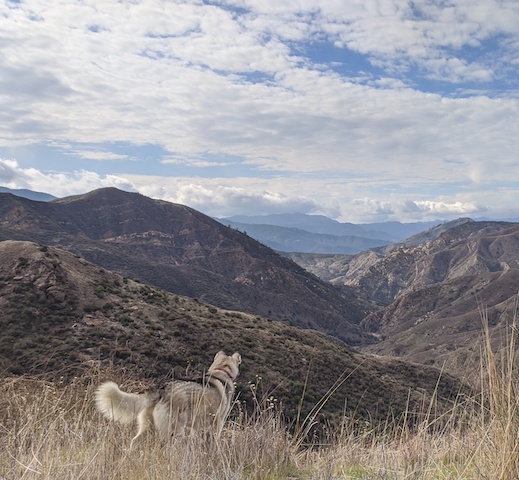Openscapes’ vision is a scientific culture that is more efficient and collaborative, and can uncover data-driven solutions faster. We engage and empower scientists with open data science, which not only increases transparency and reproducibility in science, but also enables kinder science. This is a brief recap of how we began doing this in 2019 and how we will continue in 2020.
2019 Review
2019 was a big year for Openscapes, full of firsts, excitement, and a lot of learning. I created Openscapes through my fellowship with Mozilla, developing the Champions curriculum building from six years of better science in less time with the Ocean Health Index and designing the Champions program modeled after the Mozilla Open Leaders program. I also leveraged my own open data science skills and online, community-based learning, building Openscapes’ digital infrastructure in R, RMarkdown, and GitHub. I also had the awesome experience of working with NCEAS (and now also RStudio) Artist-in-Resident Allison Horst, who created all of our original artwork for Openscapes. We officially launched Openscapes at the end of 2018, at MozFest in London.
From January-May 2019, we led the first cohort of Openscapes Champions: seven research groups from five universities studying critical topics like marine food systems and ecological vectors of disease. During that time we focused on developing the lesson series, mentoring scientists each month (both one-on-one and as a full cohort of seven research groups), and amplifying their work and progress through blog posts and Twitter @openscapes. These science teams had so many wins and momentum during those five months, and still continue to strengthen culture and workflows around open data science. We continue to amplify their stories.
The rest of 2019 was focused on sharing lessons from Openscapes and championing open data science broadly to many audiences. I gave the opening keynote at the useR! 2019 conference in Toulouse, France and co-authored a career column in Nature with the Champions group leads, sharing a ten-week plan for how to get started with open data science. I also published a piece in Scientific American about how open data science enables kinder culture — better for science and better for scientists. As my Mozilla Fellowship support ended I have been funded by the Gordon and Betty Moore Foundation, also focusing time developing a strategic plan and fundraising to continue Openscapes in 2020 and beyond.
Openscapes 2020
In 2020, we will be building up Openscapes on several fronts. The priorities are mentoring more Champions cohorts, strengthening community engagement, and continuing to champion open data science. These go along well with our mission, which is to increase the visibility, value, and practice of open data science.
Champions cohorts. This is what we love to do: mentor science teams and welcome them to open data science tools and communities. And leading more Champions cohorts is the future of Openscapes. Mozilla sponsored the first cohort of Openscapes Champions, and future cohorts can be sponsored or booked directly. There are several Champions cohorts that are in the works for direct booking — learn more and email us if you are interested too! We are also leading our first 2-day Openscapes workshop in February, which will be an exciting way to catalyze open data science with cohorts of research groups in a familiar setting.
Community engagement. Openscapes is all about building and strengthening communities of practice around open data science, and in 2020 we are excited to be able to focus on this more. We have ideas but also are excited to enable the ideas of others, so if you are interested please get in touch.
Championing open data science. We have several exciting invited talks and keynotes coming up this year, stay tuned for more posts with official announcements! We are excited for the opportunity to share our stories and to meet more open data science allies.
It’s going to be an exciting year, thanks for being a part of it.
